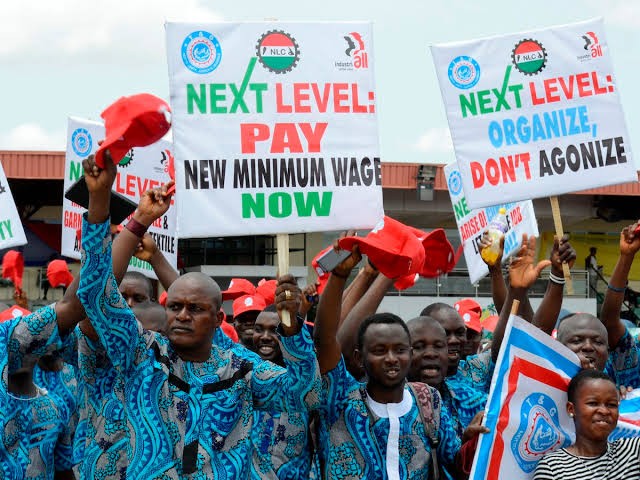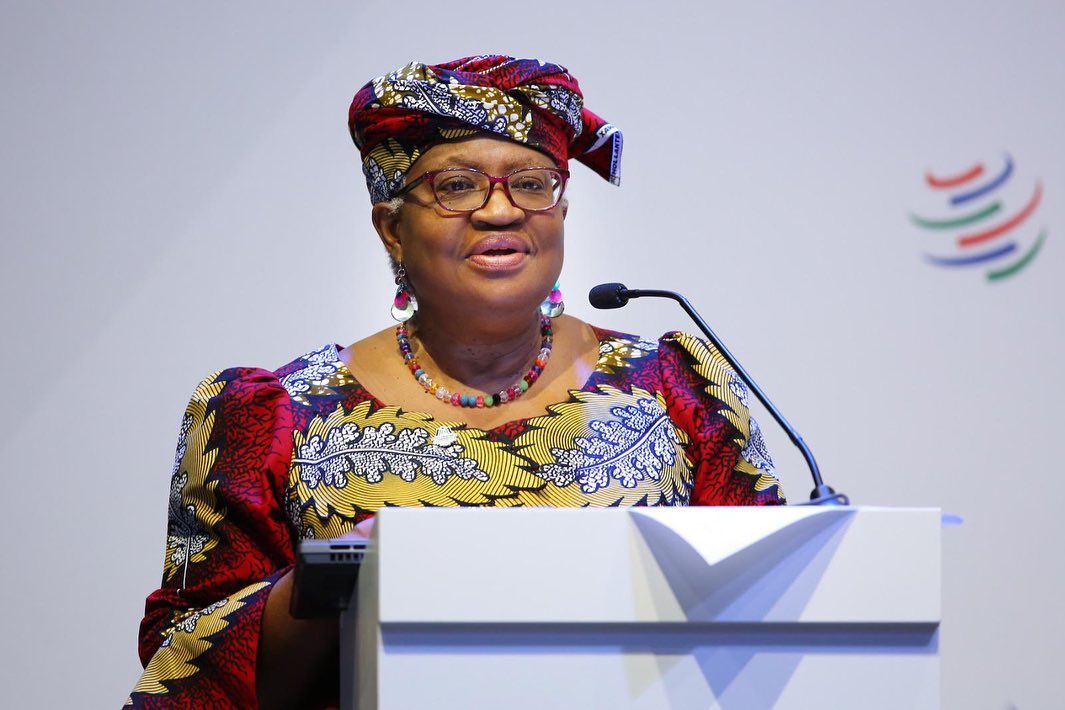Is ₦62,000 Minimum Wage Reasonable? Analysis of Nigeria’s Proposed National Minimum Wage
The proposal by the Federal Government of Nigeria to set the new national minimum wage at ₦62,000 prompts a multifaceted discussion on its reasonableness.
Here are several key points to consider:
Economic Context
1. Inflation and Cost of Living:
– Nigeria has experienced significant inflation, which affects the purchasing power of citizens. If the proposed minimum wage keeps pace with or outstrips inflation, it can help workers maintain their standard of living.
– Cost of living varies across the country. Urban areas like Lagos and Abuja have higher living costs compared to rural areas, so a standardized minimum wage may have different impacts depending on the region.
2. Comparison with Current Wage:
– The current minimum wage in Nigeria is ₦30,000, which was set in 2019. Doubling it to ₦62,000 reflects an acknowledgment of economic changes since the last adjustment.
Affordability and Economic Impact
1. Business Perspective:
– For employers, particularly small and medium-sized enterprises (SMEs), doubling the minimum wage might pose financial challenges. It could lead to increased operating costs, potential layoffs, or a rise in product and service prices to offset wage hikes.
– Larger corporations may have more capacity to absorb these increases without significant disruptions.
2. Government and Public Sector:
– The government must ensure it can afford the wage increase without causing budgetary deficits. This includes considering the wage bill for public sector workers.
– Effective implementation and compliance across both the public and private sectors are crucial. Inconsistencies in adherence could lead to disparities and further economic imbalances.
Social and Political Considerations
1. Poverty Reduction:
– Raising the minimum wage can potentially reduce poverty levels, improve living standards, and stimulate economic growth by increasing consumer spending.
2. Political Will and Public Sentiment:
– The proposal may be influenced by political considerations, especially if it coincides with election cycles. Public sentiment towards wage increases is typically positive, especially among low-income earners.
3. Labor Unions and Negotiations:
– Labor unions often advocate for higher wages to ensure fair compensation for workers. Their support or opposition can significantly impact the implementation of the proposed wage.
Implementation and Monitoring
Effective Implementation:
– Ensuring that the new minimum wage is implemented effectively across different sectors and regions is crucial. This includes monitoring and enforcement to prevent exploitation or non-compliance.
– Regular reviews and adjustments based on economic conditions are necessary to maintain the wage’s relevance over time.
Is ₦62,000 Minimum Wage Reasonable?
























